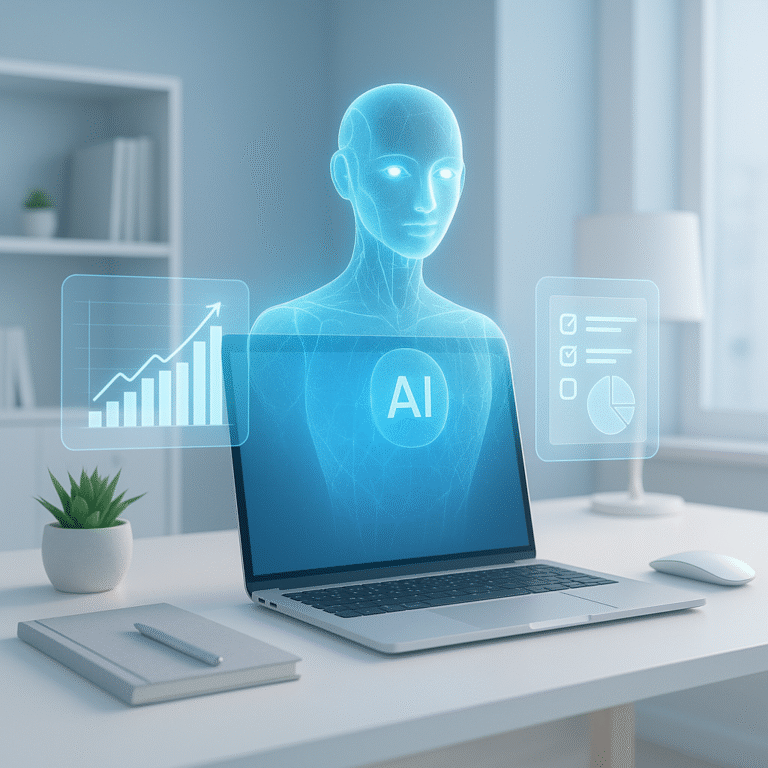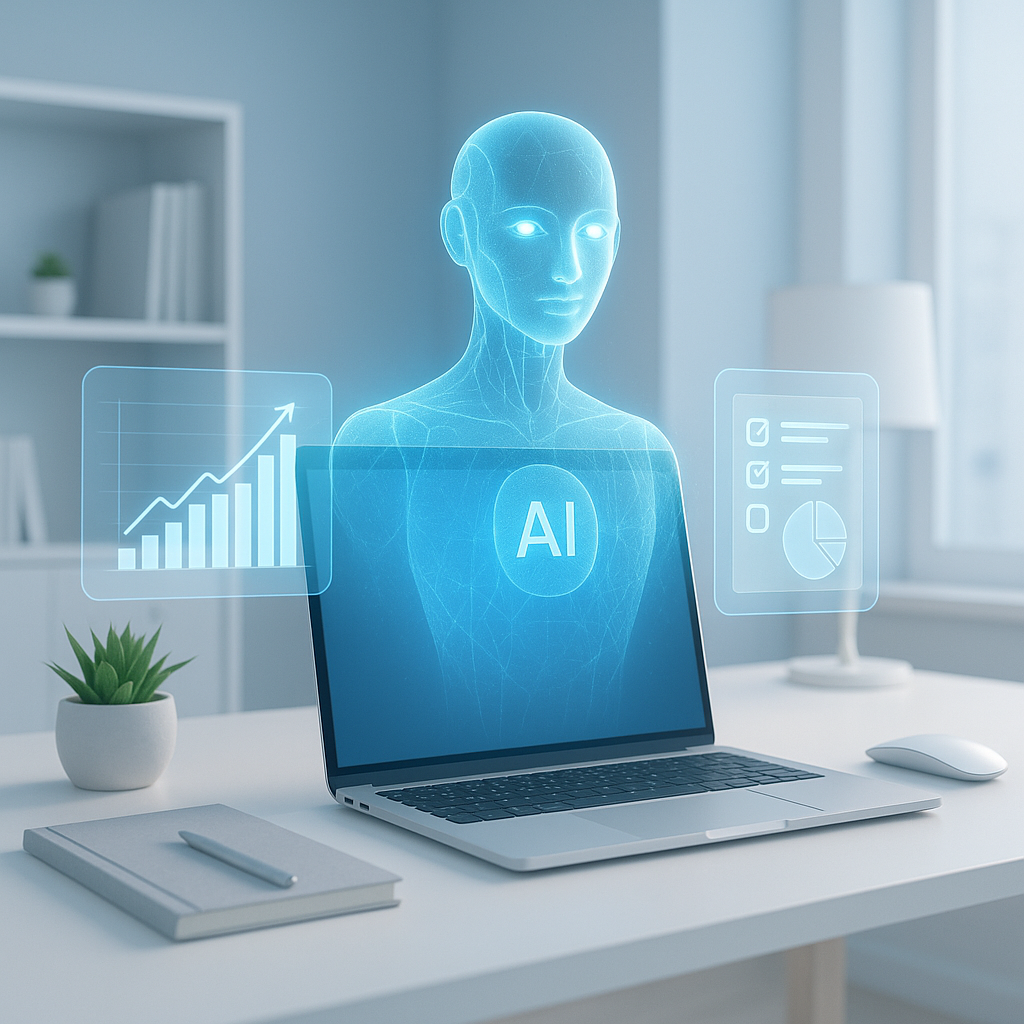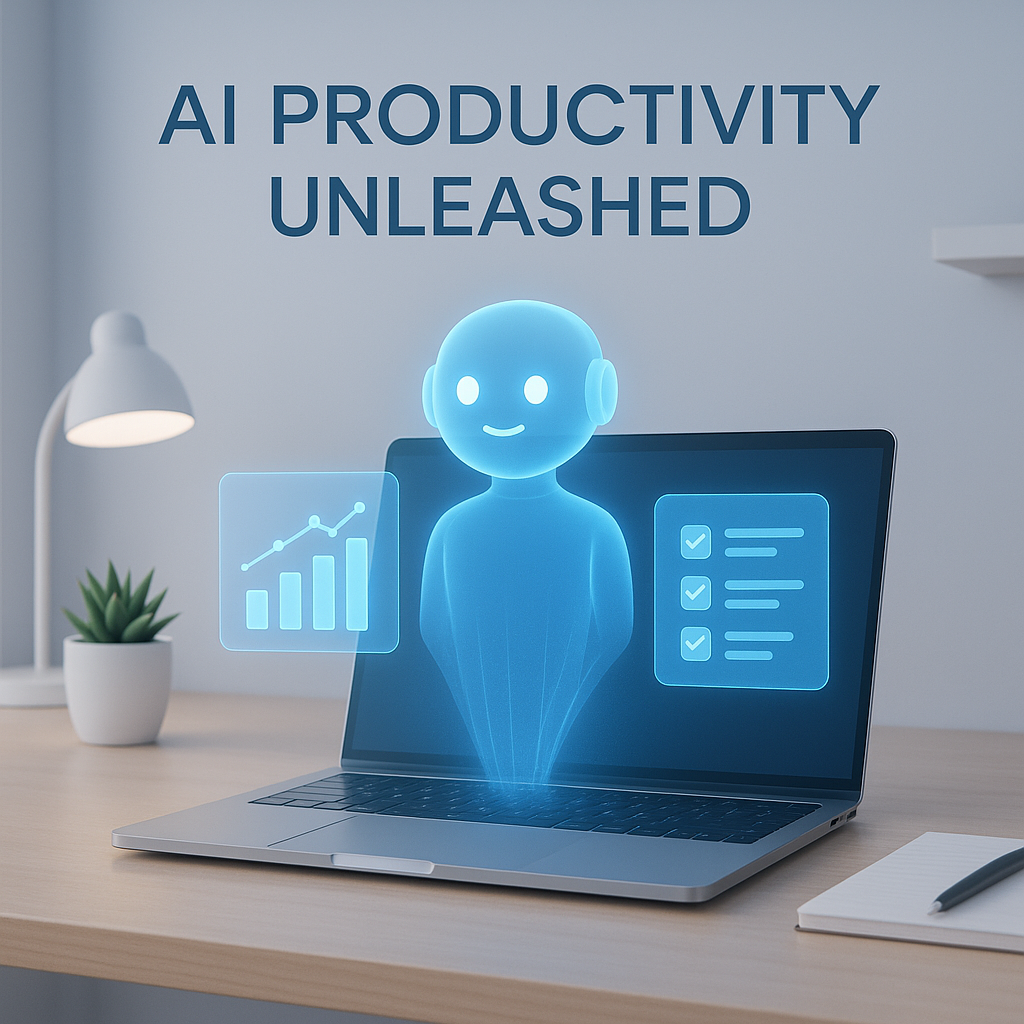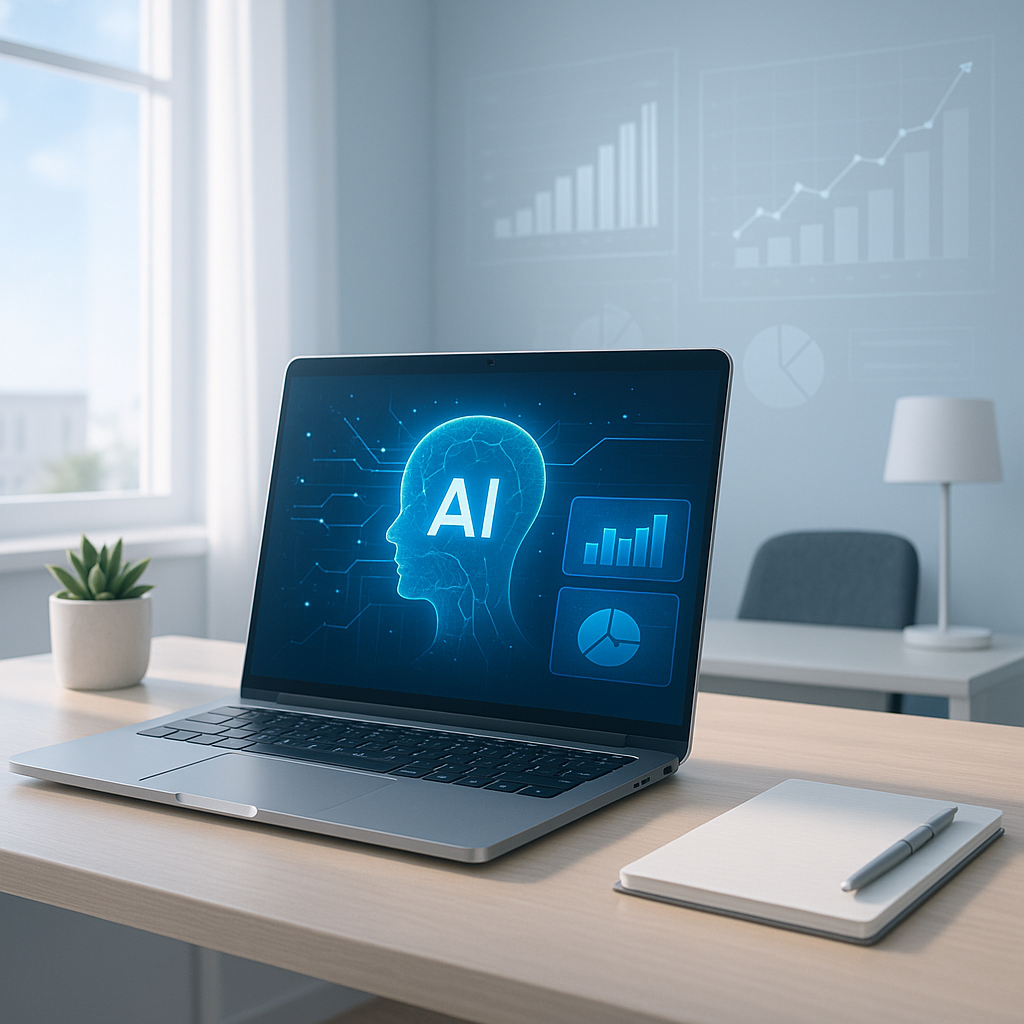AI Tools: Transforming Work and Productivity in the Home Office

In the rapidly advancing world of technology, Artificial Intelligence (AI) has emerged as a powerful tool that is reshaping how we work, particularly in home office environments. The rise of Work From Home (WFH) culture has accelerated the adoption of AI tools across various professional domains, making them an essential component of modern business strategies.
Understanding AI in the Business Landscape
AI has transitioned from a futuristic concept to a practical business solution. Companies of all sizes are integrating AI tools to streamline operations, enhance productivity, and gain competitive advantages. From small startups to multinational corporations, AI is becoming an integral part of business ecosystems.
“Artificial Intelligence is the new electricity,” said Andrew Ng, a prominent AI researcher, highlighting the transformative potential of these technologies.
Top AI Tools for Home Office Productivity
1. Writing and Content Creation Tools
AI-powered writing assistants like GPT-3 based platforms help professionals generate high-quality content quickly. These tools can draft emails, create reports, and even assist in creative writing tasks.
2. Project Management Solutions
AI-enhanced project management tools like Asana and Trello now incorporate intelligent features that can predict project timelines, allocate resources, and suggest workflow optimizations.
3. Virtual Assistants
Smart virtual assistants such as Microsoft’s Cortana and Google Assistant have become sophisticated tools for scheduling, reminders, and basic task management.
Free AI Learning Resources
For professionals looking to understand AI better, numerous free AI courses are available:
– Coursera offers free AI and machine learning courses from top universities
– Google’s AI learning platform provides comprehensive training modules
– MIT OpenCourseWare features free AI and computer science courses
AI Tools by Industry
Marketing: AI tools like HubSpot and Salesforce use machine learning to analyze customer data and personalize marketing strategies.
Finance: Platforms like Robinhood and Mint utilize AI algorithms for investment recommendations and financial planning.
Design: Canva and Adobe’s AI features help designers create professional graphics with minimal manual intervention.
Challenges and Considerations
While AI tools offer tremendous benefits, professionals must consider:
– Data privacy and security
– Potential job displacement concerns
– Need for continuous learning and adaptation
– Ethical considerations in AI implementation
Future of AI in Work Environment
The future of AI in professional settings looks promising. Experts predict continued integration of AI tools that will:
– Automate repetitive tasks
– Provide advanced data analysis
– Enhance decision-making processes
– Create more personalized work experiences
Skills for AI Integration
Professionals seeking to thrive in an AI-driven workplace should develop:
– Basic understanding of AI technologies
– Data literacy
– Critical thinking skills
– Adaptability to technological changes
Practical Tips for AI Tool Adoption
1. Start with user-friendly tools
2. Attend free online training sessions
3. Experiment with different platforms
4. Stay updated on technological advancements
5. Maintain a balance between AI assistance and human creativity
Conclusion
AI tools are not just technological innovations but essential companions in modern professional environments. By understanding and strategically implementing these tools, professionals can significantly enhance their productivity, creativity, and competitive edge in an increasingly digital workplace.




